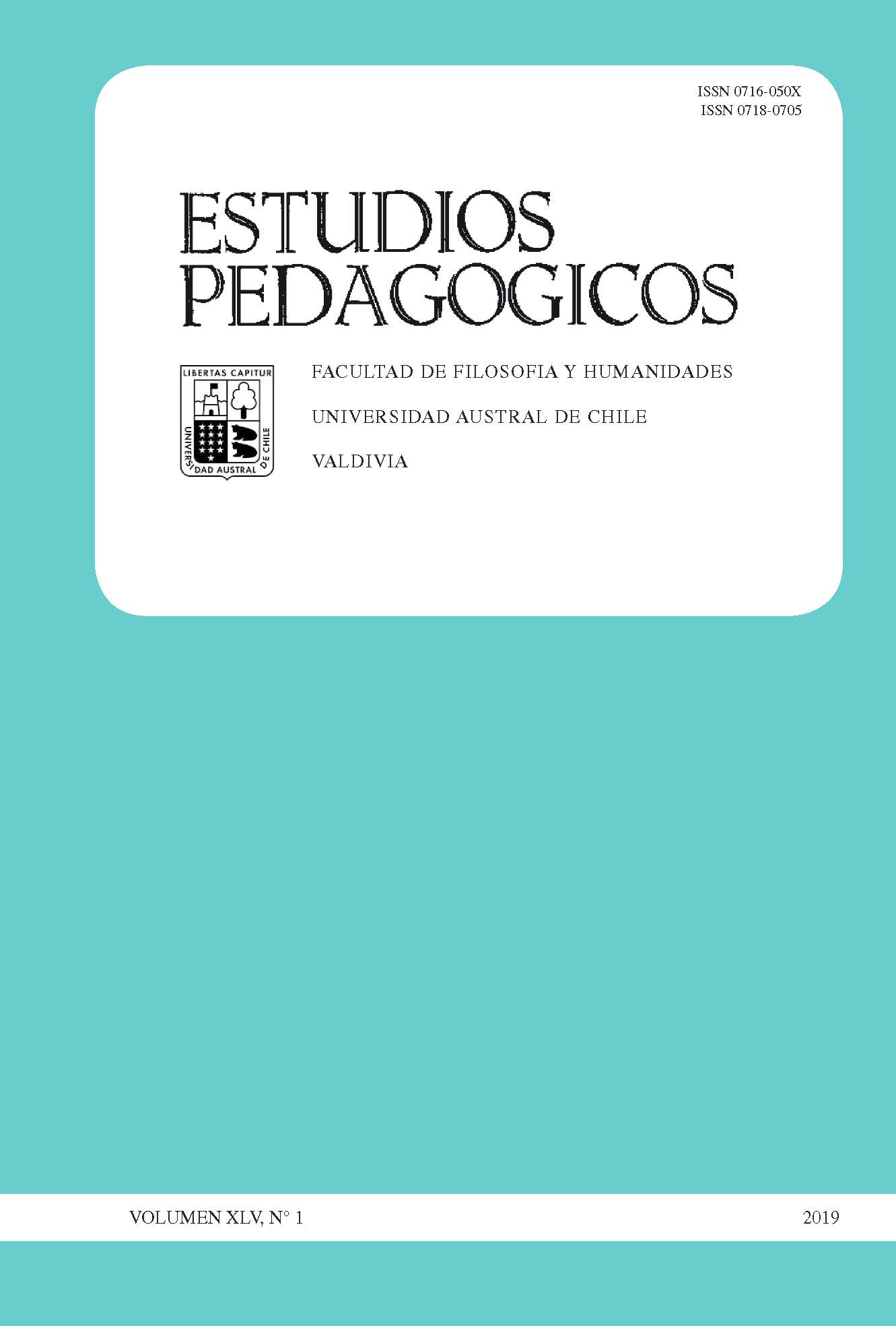The Chilean “Voucher”. Reflections on school choice and educational funding
Main Article Content
Abstract
The Chilean educational system has been widely known as Voucher. This paper reviews its implementation at Chile, its conceptualization and design, in light of the theories of Choice System (CS). The system was implemented to change the development model rather than responding to a diagnosis of educational problems. It is a particular model, different from Friedman’s Voucher, as there is no coupon given to families. It is more similar to the proposal of Chubb and Moe, where the schools receive a subsidy according to their demand. The Chilean model has not incorporated important mechanisms to empower parents. The recent reforms move away from the theories of CS by reducing the freedom of supply, but without limiting the freedom of demand. In addition, they would encourage a more proactive role of the state in granting information, which would generate higher family empowerment.

